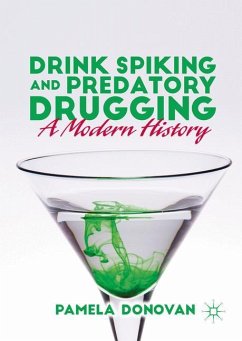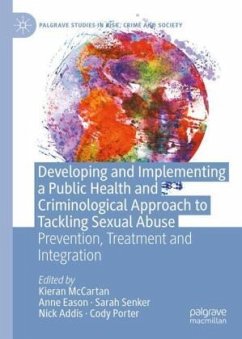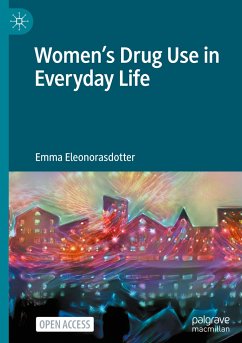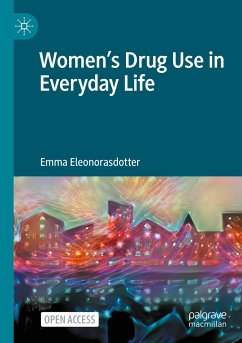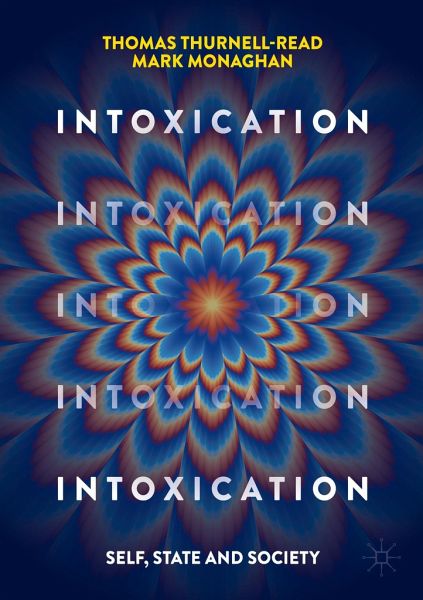
Intoxication
Self, State and Society

PAYBACK Punkte
19 °P sammeln!
What images come to mind when you read the word 'intoxication'? What behaviour do you associate with the word 'drunk'? When you hear the word 'drug', what images do you recall? This textbook provides an essential and thorough grounding in debates about the role of intoxication in contemporary society, from social and cultural perspectives. It examines intoxication in the broadest sense as including both legal and illegal substances and both culturally accepted and socially stigmatised practices. Given the pace of recent changes in policy and practice - from the increasingly common legalisation...
What images come to mind when you read the word 'intoxication'? What behaviour do you associate with the word 'drunk'? When you hear the word 'drug', what images do you recall?
This textbook provides an essential and thorough grounding in debates about the role of intoxication in contemporary society, from social and cultural perspectives. It examines intoxication in the broadest sense as including both legal and illegal substances and both culturally accepted and socially stigmatised practices. Given the pace of recent changes in policy and practice - from the increasingly common legalisation of cannabis, to the recent trend of sobriety amongst adolescents and young adults - this book stands out by offering both a through historical and theoretical overview and a topical and forward looking exploration of current debates. It adopts a multi-scale approach to examine wider patterns of change so it considers the subjective experiences of the roleintoxication plays in the lives of individuals and groups, in the construction of diverse identities and how this differs by age, gender and ethnicity. The authors play particular attention to the way in which the state justifies interventions based on moral, health and criminal justice discourses and also consider the role played by other individuals and institutions, not least the mass media and the alcohol industry, in propagating and challenging common sense explanations of intoxication. It speaks to undergraduates, master's students and above, with a range of pedagogic features, and offers insights into policy and practice.
This textbook provides an essential and thorough grounding in debates about the role of intoxication in contemporary society, from social and cultural perspectives. It examines intoxication in the broadest sense as including both legal and illegal substances and both culturally accepted and socially stigmatised practices. Given the pace of recent changes in policy and practice - from the increasingly common legalisation of cannabis, to the recent trend of sobriety amongst adolescents and young adults - this book stands out by offering both a through historical and theoretical overview and a topical and forward looking exploration of current debates. It adopts a multi-scale approach to examine wider patterns of change so it considers the subjective experiences of the roleintoxication plays in the lives of individuals and groups, in the construction of diverse identities and how this differs by age, gender and ethnicity. The authors play particular attention to the way in which the state justifies interventions based on moral, health and criminal justice discourses and also consider the role played by other individuals and institutions, not least the mass media and the alcohol industry, in propagating and challenging common sense explanations of intoxication. It speaks to undergraduates, master's students and above, with a range of pedagogic features, and offers insights into policy and practice.








